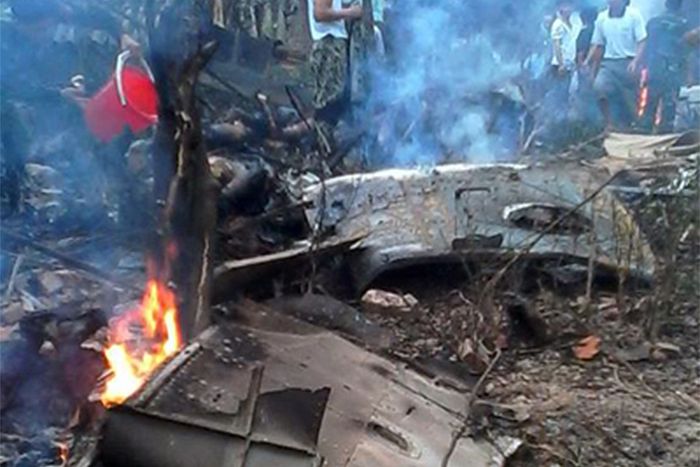You know all those fancy diplomatic cars speeding around District 1? Well, as it turns out, chances are the occupants are not diplomatic officials, but rather locals who bought the car and never transferred ownership to their name. Apparently, this is common enough that authorities are planning to crack down on the practice by seizing and auctioning off incorrectly registered cars.
Thanh Nien recently interviewed Nguyen Ngoc Khoa who, in 2008, bought the car of a foreign diplomat who was finishing his term. Instead of transferring the car to his name, Khoa continued to use the diplomatic plates in order to take advantage of the diplomatic immunities that come with them:
“It was great because you are not afraid of being pulled over by the traffic police for any violation.”
Khoa, who bought his Nissan Murano for US$50,000 with help from a friend at the Ministry of Foreign Affairs, only recently transferred the car’s title to his name when the government offered a period of amnesty to those with outdated papers:
“I paid relevant taxes of more than VND700 million ($33,200). It’s more expensive than buying a new car here.”
As of 2009, the most recent data available, there were 4,000 registered diplomatic cars in Vietnam, a number that may be even higher today. Of these, the Ministry of Finance estimates that 1,200 formerly diplomatic vehicles have been bought by locals who have kept the plates. Diplomatic cars can be identified by their black “NN” or red “NG” license plates.
Even with commitments to address the problem by relevant authorities, Jairo Acuña-Alfaro, anti-corruption policy advisor to the United Nations Development Program in Vietnam, is pessimistic about the effectiveness of the proposed crackdown:
“That is, the same mistakes keep repeating. Problem is not on the regulation, but on the implementation.”
[Thanh Nien // Image via Tuoi Tre]














